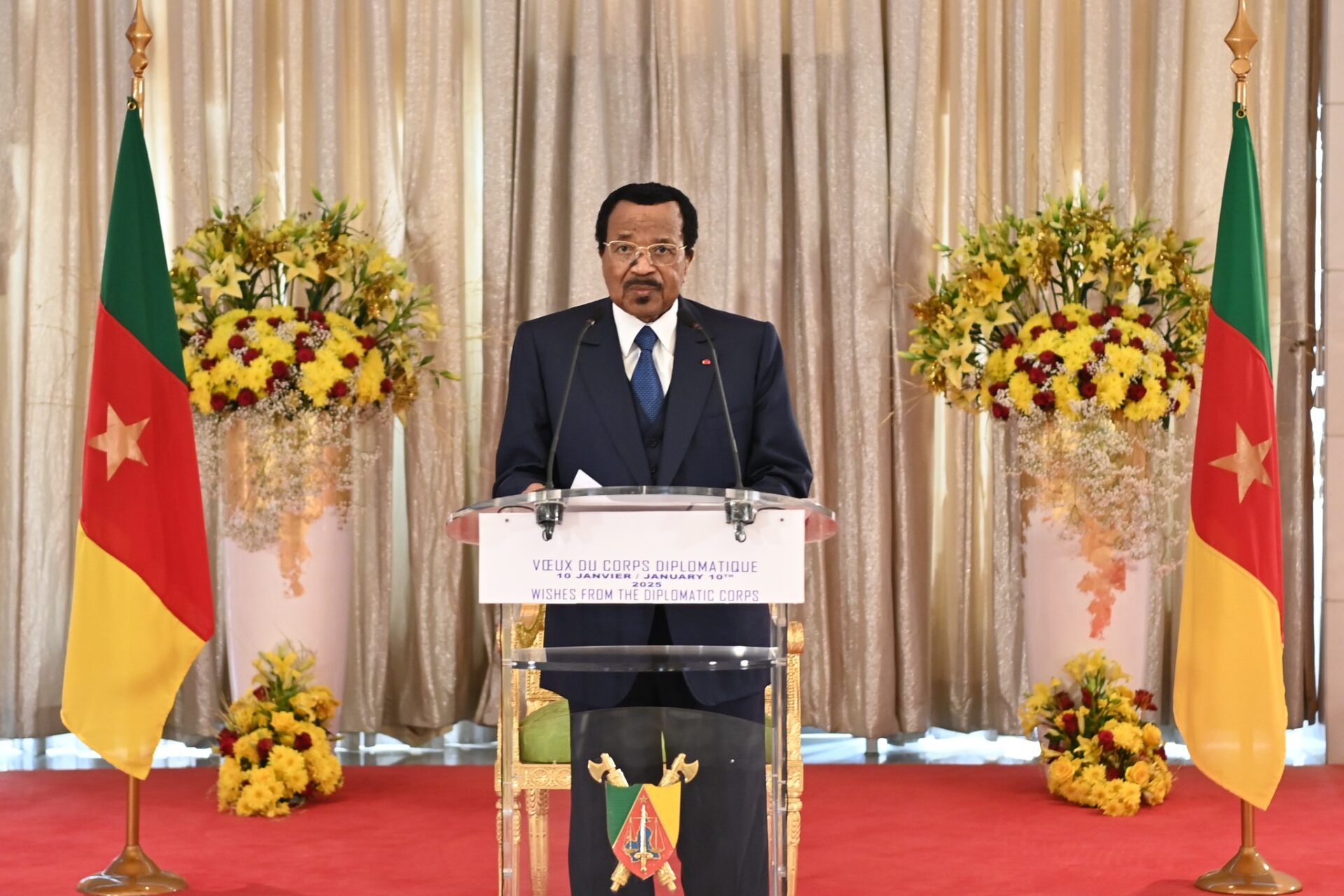In a move that has reignited fierce debate and deepened the mystery surrounding Cameroon’s political future, President Paul Biya, the world’s oldest serving head of state has announced his candidacy for the 2025 presidential election. At 92 years old and with more than four decades in power, Biya’s decision has sent shockwaves through the political landscape, thrusting the Central African nation into yet another high-stakes election season.
The incumbent President Paul Biya, the world’s oldest serving head of state, has once again declared his candidacy for the country’s presidential election slated for October 12, 2025. At 92, Biya’s decision to seek another term comes amid mounting speculation over his health and ongoing debates about his capacity to govern. The long-anticipated declaration finally came on Sunday, July 13, via a post from Biya’s verified X (formerly twitter) account: “I am a candidate in the presidential election.
Rest assured that my determination to serve you matches the urgency of the challenges we face.” With those words, a chapter that many thought was nearing its end has instead been extended, possibly until Biya nears the centenarian mark. His message ends months of silence and speculation, cutting through the political fog with a thunderclap that’s both familiar and unsettling. Many had doubted he would run. But just like in past decades, the “Sphinx of Etoudi” has again defied political gravity.
A president in shadows
For years, whispers have swirled around the true state of Biya’s health. His 42-day disappearance from public view between October and December last year only fueled those suspicions. No official medical bulletin was released. No televised appearance offered reassurance. Just silence. Then, just as the rumor mill reached a crescendo, Biya reemerged, composed, if not energetic. Government officials, as always, dismissed the concerns as speculation.
Yet behind the curtain of power, Biya’s increasingly rare and tightly choreographed appearances suggest a leader ruling from the shadows. Trusted aides and loyalists, many with decades in his inner circle, continue to run the daily machinery of the state, raising unsettling questions about who is truly in charge.
A legacy both towering & tarnished
Since taking the reins in 1982 from Cameroon’s first president, Ahmadou Ahidjo, Biya has weathered storms that might have toppled lesser men: coup attempts, uprisings, economic crises, and international scrutiny. He abolished presidential term limits in 2008, and in 2018 he secured another term with over 71% of the vote, a victory tainted by widespread allegations of fraud and repression. But 2025 feels different.
Dissent is no longer confined to the opposition. Cracks are now visible within his own party, the Cameroon People’s Democratic Movement, CPDM. Two former allies have broken ranks and announced their own presidential bids, suggesting that even the once monolithic ruling coalition is beginning to splinter under the weight of time and fatigue.
Opposition rises, hope rekindled?
As Biya steps once more into the arena, so too do his perennial challengers. Maurice Kamto of the Cameroon Renaissance Movement, CRM, remains the most formidable, having placed second in 2018 and still refusing to recognize that election’s legitimacy. His message? Change is not only necessary, it’s overdue. Other contenders include Joshua Osih of the SDF, legal luminary Akere Muna, and Cabral Libii of the PCRN. All have sharpened their critiques: rampant corruption, unemployment, institutional opacity, and a security crisis with no end in sight. “This is not just about Biya’s age,” an opposition spokesperson declared. “It’s about a country that needs to breathe again.”
Nation in crisis, citizens in waiting
The timing of Biya’s announcement couldn’t be more critical. Cameroon is grappling with a perfect storm of crises: In the Anglophone regions, a bloody separatist conflict rages into its eighth year, leaving over 700,000 people displaced, according to figures from international rights and humanitarian bodies. In the Far North, Boko Haram continues to terrorize communities. Meanwhile youth unemployment and inflation have crippled the economy, despite vast natural resources. “It’s no longer politics as usual,” warned a political analyst. “Cameroonians are tired of survival mode. They want vision, vigor, and above all, change.”
Countdown to a decisive October
With the October 12 election looming, the nation’s elections management body, ELECAM, is preparing for a potentially explosive campaign season. According to the electoral code, candidates must submit their dossiers by August 13. These include a birth certificate, criminal record, proof of nationality, tax clearance, and a 30 million CFA francs non-refundable deposit. Independent candidates must also collect signatures from 300 citizens across at least 10 regions, a formidable task.
The official campaign kicks off September 27 and closes on the eve of the election, October 11. State media is expected to provide equal airtime, though critics often challenge the fairness of such access. By October 27, Cameroon will know whether its oldest president will once again defy time and public opinion, or if a new chapter will begin

